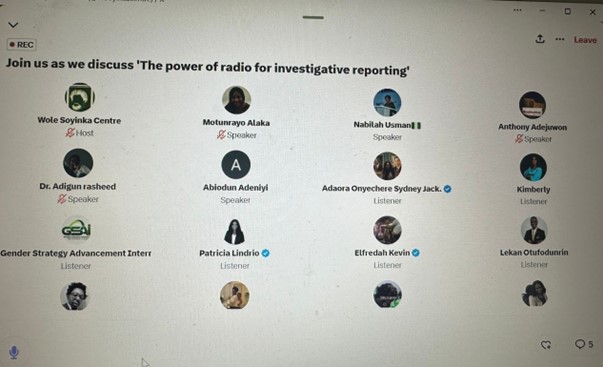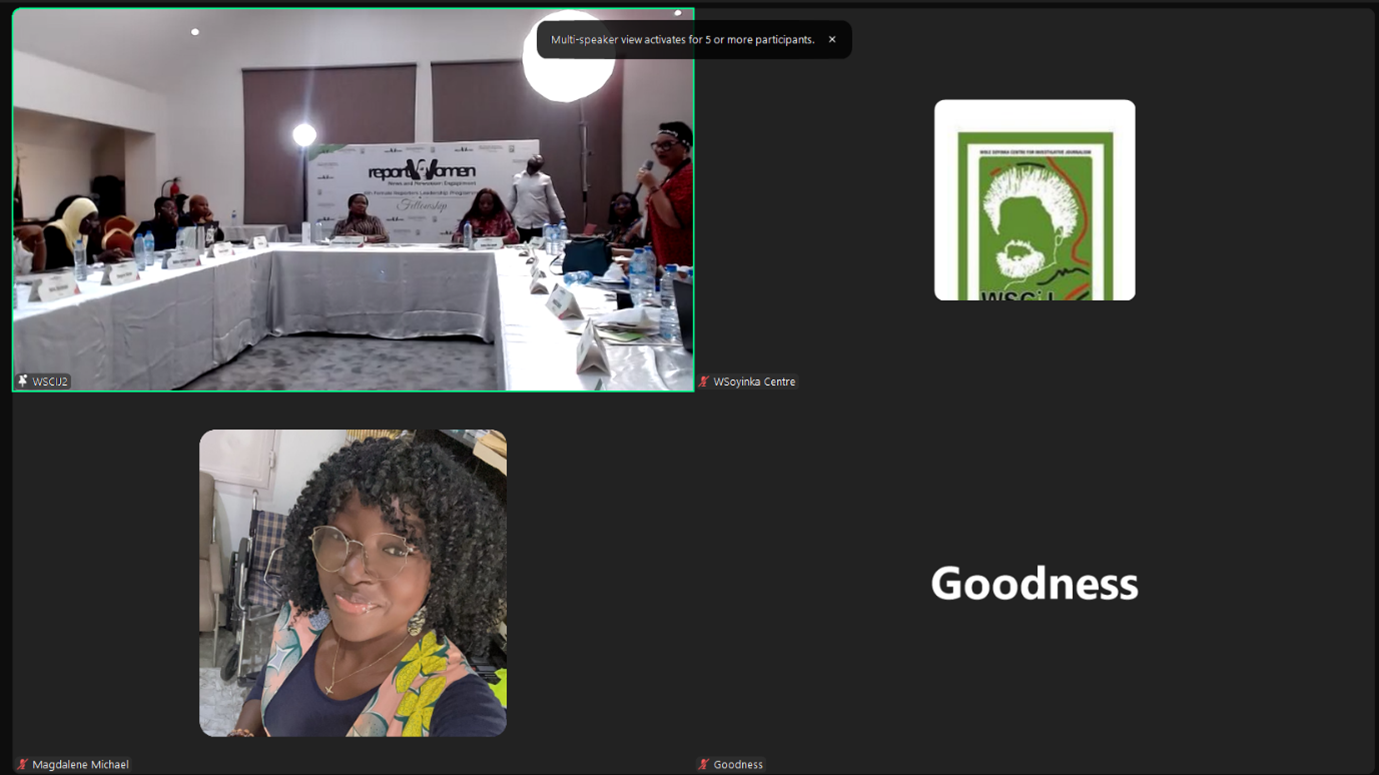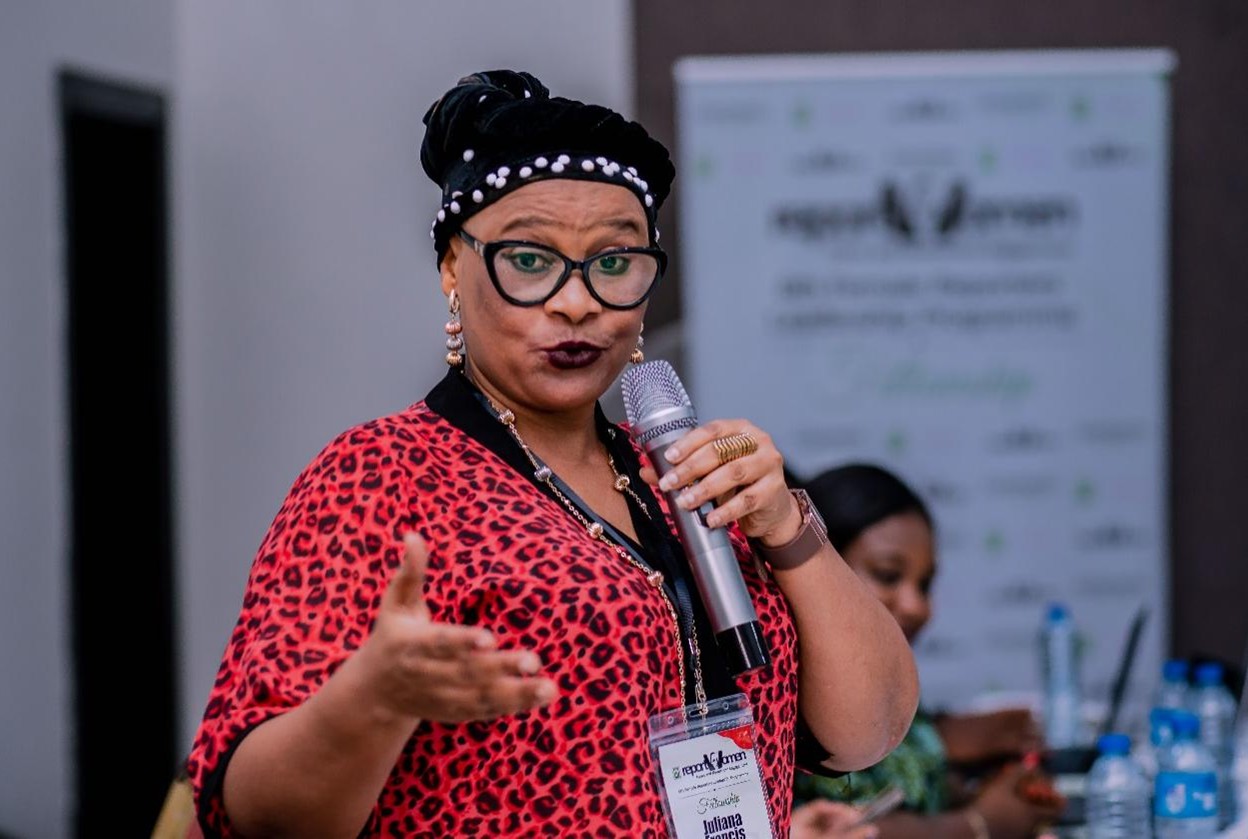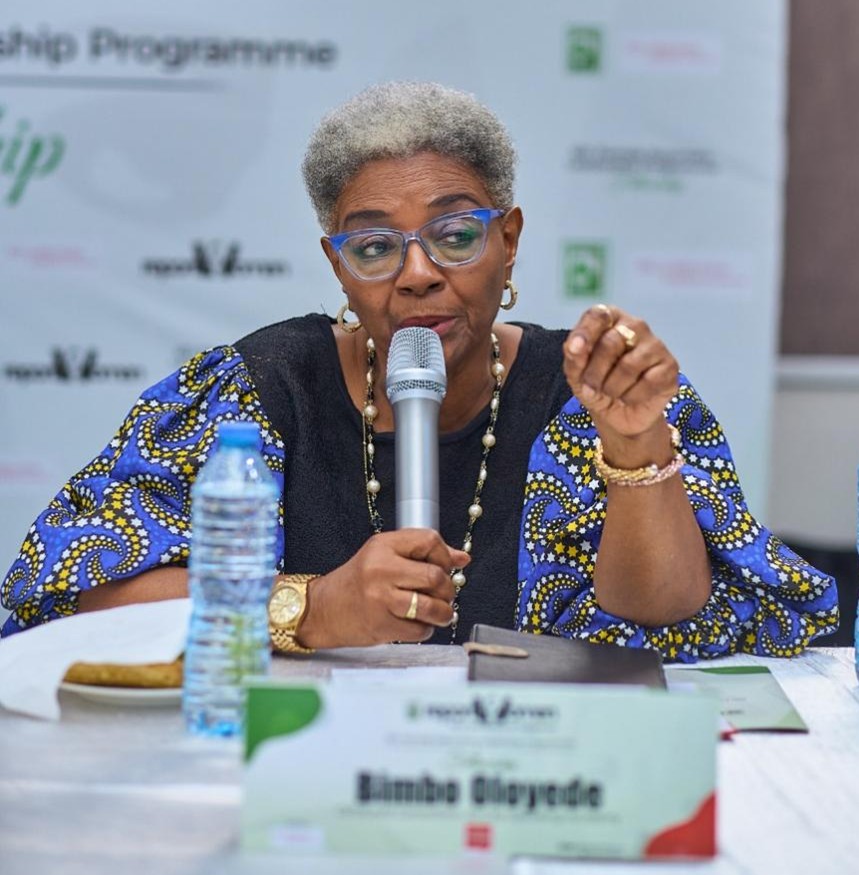As the global community commemorated a century of radio broadcasting on Tuesday 13 February – the 2024 World Radio Day, panellists at the Wole Soyinka Centre for Investigative Journalism’s virtual conversation to commemorate the day themed ‘Synergising the Impact of Investigative Reporting and Radio’ said Nigeria stands as a testament to the enduring power of radio as a medium even as they called attention to the need for funding, collaboration, Investigative journalism, community engagement, and sustainability for radio. Click here to listen to the conversation.
The panellists, who were from the media, civil society, and academia, emphasised the pivotal role of radio, particularly its proximity to grassroots communities, in fostering development. They included, Abiodun Adeniyi, Professor of Mass Communication, from Baze University, Abuja; Chinelo Ozoalor, Head, Political desk, Federal Radio Corporation of Nigeria, Enugu; Rasheed Adigun, General Manager, Albarka FM, Ilorin and Anthony Adejuwon, Team Lead, Urban Alert, Osogbo
In her opening remarks, Motunrayo Alaka, Executive Director/CEO, WSCIJ, said radio’s enduring influence remains undisputed, particularly within Nigeria, where it continues to be king as the primary source of news, civic engagement, feedback to government and mire. She noted that more needs to be done with radio in terms of investigative journalism. According to her, this is evident in the quality of entries in the radio category for the Wole Soyinka Awards for Investigative Reporting (WSAIR). She affirmed WSCIJ’s commitment to bridge these gaps.
On the challenges and prospects for investigative reporting on radio, Chinelo Ozoalor, drew from her over 19 years of radio experience to highlight poor, funding, security risks, and understaffing as substantial obstacles facing radio investigative reporters. She however called on journalists to leverage an advantage such as the anonymity the medium offers to carry out their investigative reports to drive positive change.
Rasheed Adigun, on his part, highlighted pressures from politicians and advertisers, limited access to government information, security risks and regulatory crackdowns on radio stations, as some of the obstacles that investigative journalists face and affect radio operations at the grassroots. He said his radio station remains undaunted in the face of these challenges and would continue to report stories that make elected representatives more accountable.
The university don, Abiodun Adeniyi, went back in time to the usefulness of radio as a voice of social change in Nigeria’s journey through periods such as colonial rule, and the repressive reign of military regimes. Adeniyi described the radio as a beacon of truth against injustice. He however decried the declining professionalism in the media and advocated for increased funding for community radio outfits to hold elected representatives accountable effectively.
Also speaking at the event, Tony Adejuwon, emphasised the crucial role of radio in social accountability efforts. Adejuwon stressed the importance of collaboration and syndication to amplify the reach of investigative reports. He also called for a revamped reward system to recognise the significant contributions of radio investigative reporters, who often labour tirelessly with minimal acknowledgment.
Others who spoke at the event include Bimbo Oloyede veteran Nigerian TV journalist, and Executive Director of Strictly Speaking, who said investigative journalists can obtain relevant information through public discussions and phone-in programmes with contributors. Also, Lekan Otufodurin, Executive Director of Media Career Development Network, echoed the call to strengthen community radio as he emphasised their role as authentic voices of the people. Adaora Onyechere, Executive Director, Gender Strategy Advancement International (GSAI), recognised the power of listener engagement for community radio.
In the same vein, Ayobami Ojebode, Professor of Applied Communication at the University of Ibadan, provided compelling evidence of the substantial investigative reports produced by community radio stations across Nigeria. He therefore called for the documentation and widespread dissemination of the investigative reports to inspire and galvanise others. Peter Iorter, Executive Director of the Safer Media Initiative, called radio practitioners’ attention to the National Broadcasting Commission (NBC). He noted NBC’s preference for issuing commercial radio licenses over community radio licenses due to their perceived commercial viability.
Other speakers at the event emphasised the crucial role of investigative reporting on radio in driving national and grassroots development, called for concerted efforts to overcome challenges and strengthen collaborative initiatives for greater impact of radio.
Signed
WSCIJ Team








